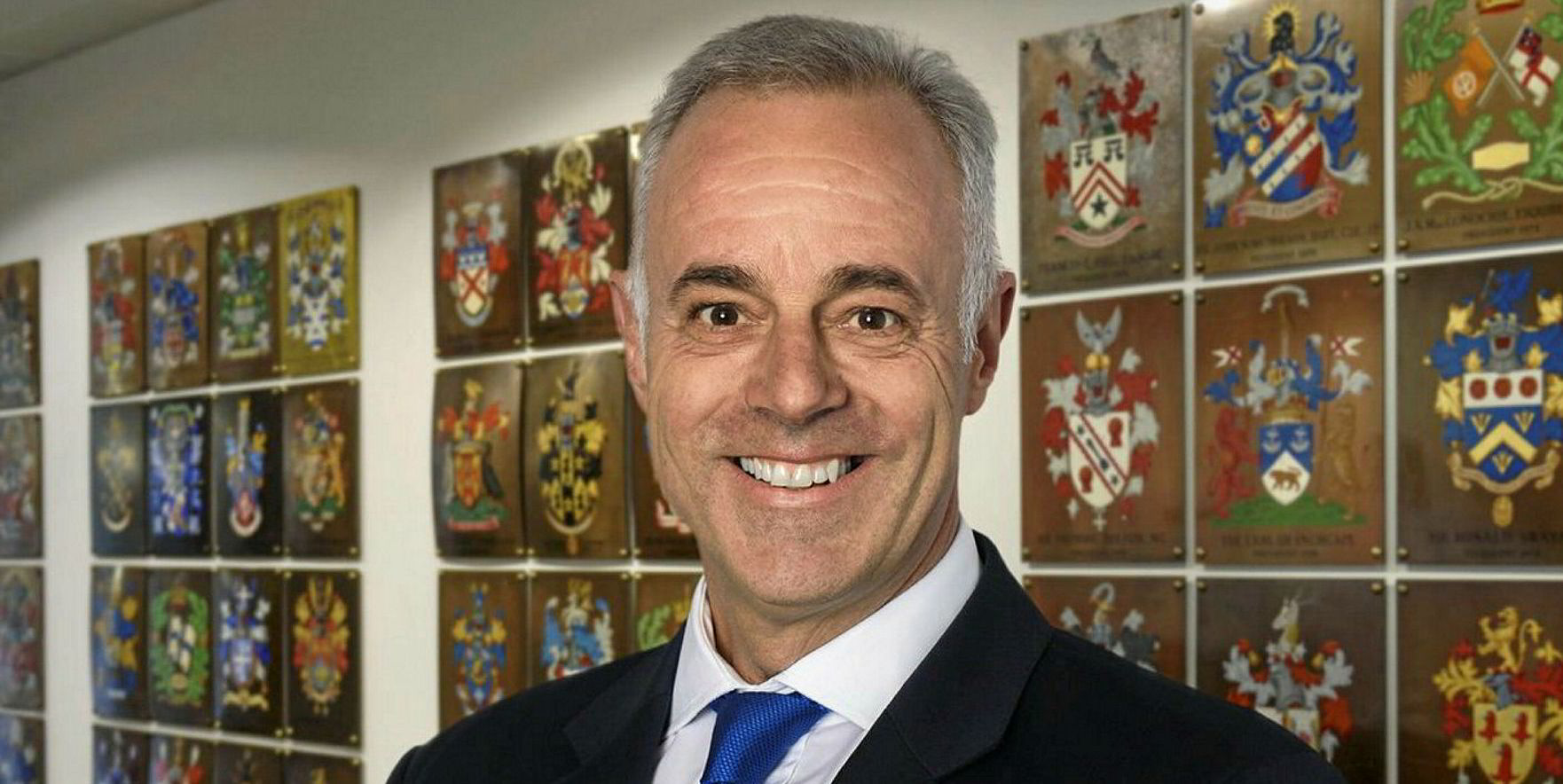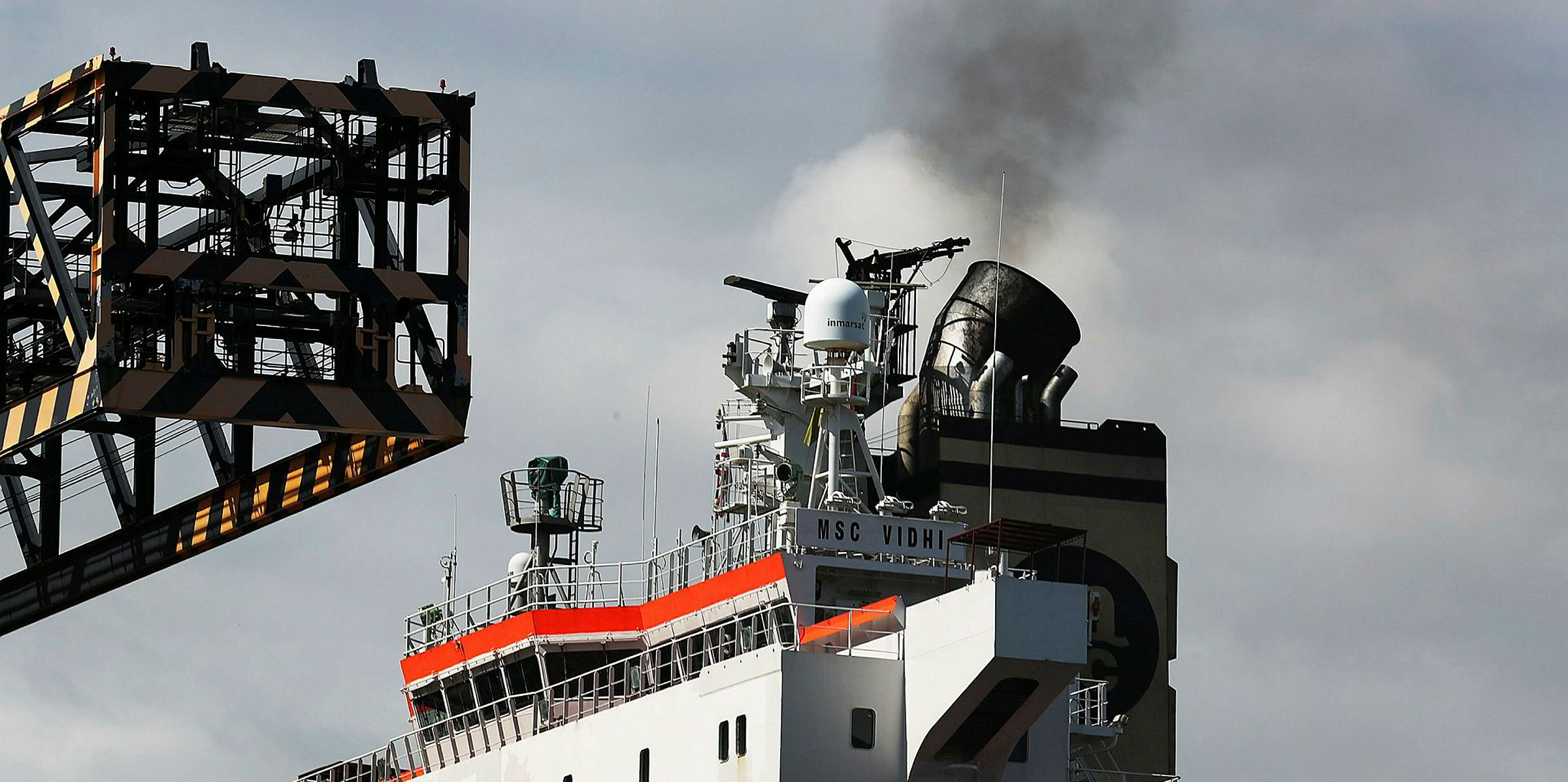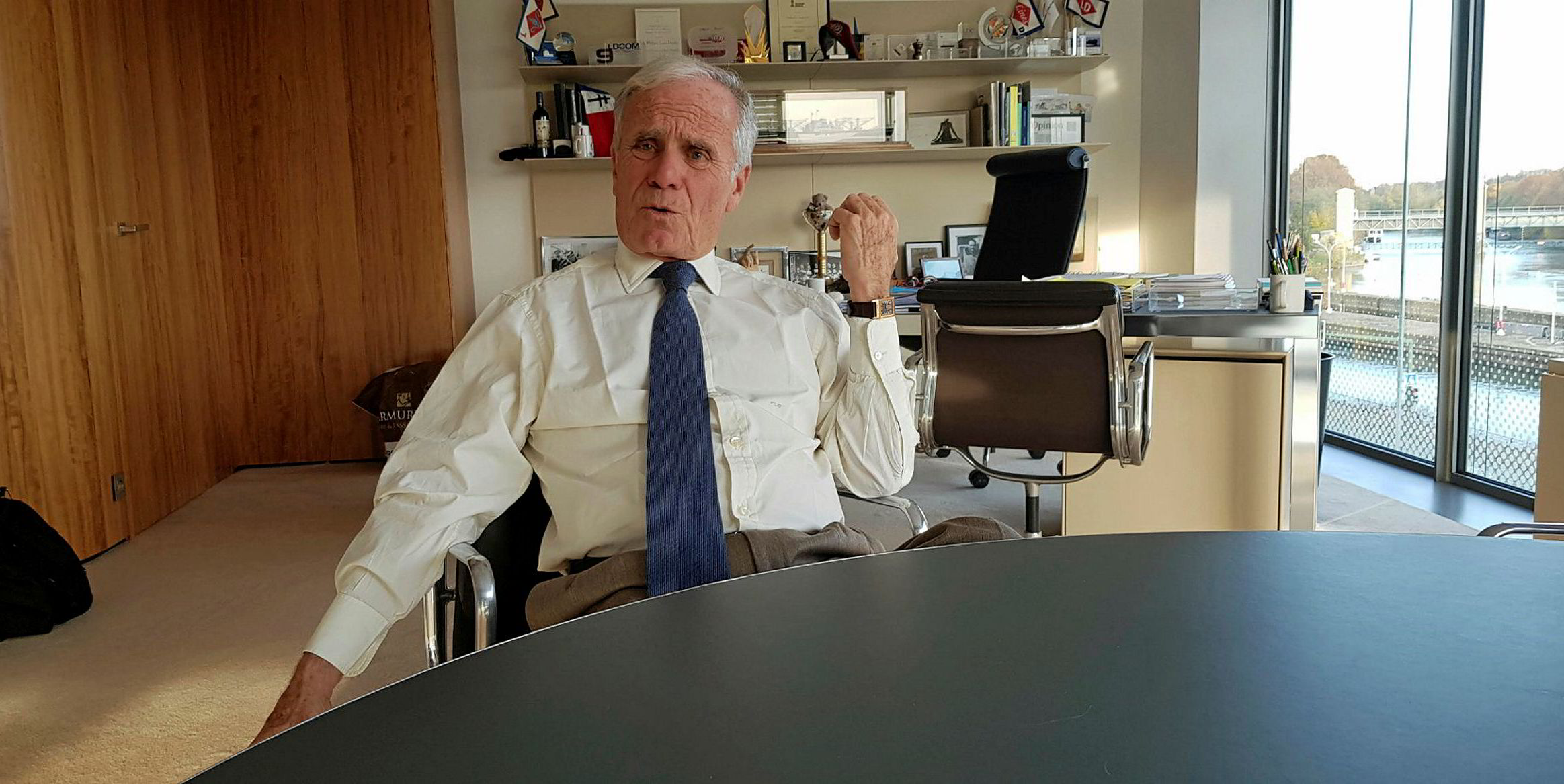Tackling climate change is a top priority for the UK Chamber of Shipping. We have argued for a Green Industrial Revolution and we want to see more hybrid ferries being used.
In our election manifesto — sent to all the leading British political parties — we have called for greater government action and increased investment in research and development to accelerate the transition to greener shipping and to make the UK a world leader in clean maritime technology.
As policymakers meet in Madrid for the 25th United Nations Climate Change Conference (COP25), we are delighted to see new research that shows the industry is going greener.
A report from Clarksons Research says shipping’s CO2 emissions will drop by about 1% this year.
It is estimated that the industry’s carbon footprint has been reduced by around 19% in the past 10 years, at the same time as the world’s fleet and trade have grown. The merchant fleet grew by 3% in the first 10 months of this year, according to Clarksons Research, and by about 60% over the past decade.
A good job in tough conditions

A 60% increase in world fleet tonnage and a 19% reduction in carbon emissions. This is remarkable. It shows what a good job shipping has done in tough conditions, but we need to see this trend continue.
We have also seen action at the IMO. In November, at a meeting to discuss how shipping can decarbonise, the IMO agreed that a mandatory goal-setting approach is the best way to reduce emissions in the short term.
It was clear at the meeting that there was no appetite for regulation on speed reductions, which the chamber has long argued is not the way forward.
But we have also said we need to continue to do more if we are to achieve the tough carbon targets set by the IMO and the UK government, with net zero the challenge by 2050.
The technologies needed to achieve the 2050 target do not currently exist at a scale, or in a form, that is commercially viable, especially for long voyages.
We will need concerted research and development, led and incentivised by government, and supported by the industry, manufacturers, academics and innovators.
The industry will have to formulate new plans and coordinate work better. And we will need investment in skills, research and innovation, so we can use our world-class universities and research centres.
I see this as a great opportunity for the UK, and our shipping industry, to step up to the mark and once again be a global leader in areas with huge growth potential.
I personally see this as a great opportunity for the UK, and our shipping industry, to step up to the mark and once again be a global leader in areas with massive growth potential
Bob Sanguinetti
In 2020, we will see more discussions around how shipping can do its bit to tackle climate change.
COP26 in Glasgow, Scotland, next November will see the world come to the UK to discuss measures to reduce emissions, and we at the chamber are already working on plans for next year.
We are doing well as an industry, but we know there is more to do. The chamber will continue to work with our members, the wider industry and the government to ensure we are doing everything we can to reduce emissions across the industry.
Bob Sanguinetti is chief executive of the UK Chamber of Shipping







